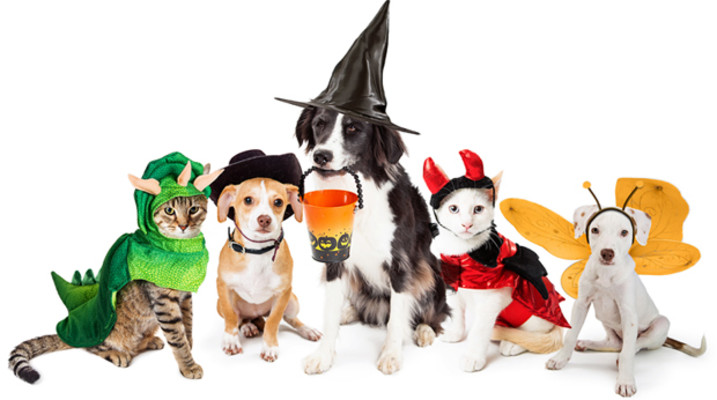
Daylight Saving Time is ending! And turning back the clock is actually good for your heart! Typically, there are 20% more heart attacks on Mondays, according to the British Medical Journal. It’s a combination of a lack of sleep from the weekend, increased activity, rising blood pressure, and the stress of a starting a work week. But the switch back to Standard Time actually changes that dynamic.
In March, when we “spring forward” and move our clocks ahead one hour, there’s a 5% increase in heart attacks on Monday, and 10% on Tuesday. Researchers figure it’s because we’re already sleep-deprived – and the extra hour of lost sleep pushes those prone to a heart attack over the edge. However, in November when we “fall back” and move our clocks back an hour, there’s actually a 5% drop in heart attacks that week. Again, it’s because a lot of people take advantage of that extra hour and sleep longer. Or do something relaxing, like reading the morning paper until it’s time to get ready.
So, what’s the takeaway on this? It’s simple: Get more sleep! Dr. Lori Mosca, the director of preventive cardiology at New York Presbyterian Hospital, says getting the recommended seven to eight hours of sleep a night improves blood sugar, and reduces your blood pressure, blood clotting, cholesterol, and inflammation of your arteries. All of which reduce your risk for heart disease and heart attack. On the flip side, the disappearance of Daylight Saving Time can make you more tired. Why? Studies show that earlier sunsets, and long, dark evenings make fatigue worse, and can make you feel draggy all day.
The fix: Stop hitting the snooze button and get moving the moment your alarm goes off. Take advantage of the extra morning light by opening your blinds, or taking a walk outside. Sunlight suppresses the sleep hormone melatonin, and helps boost your energy and your mood.









